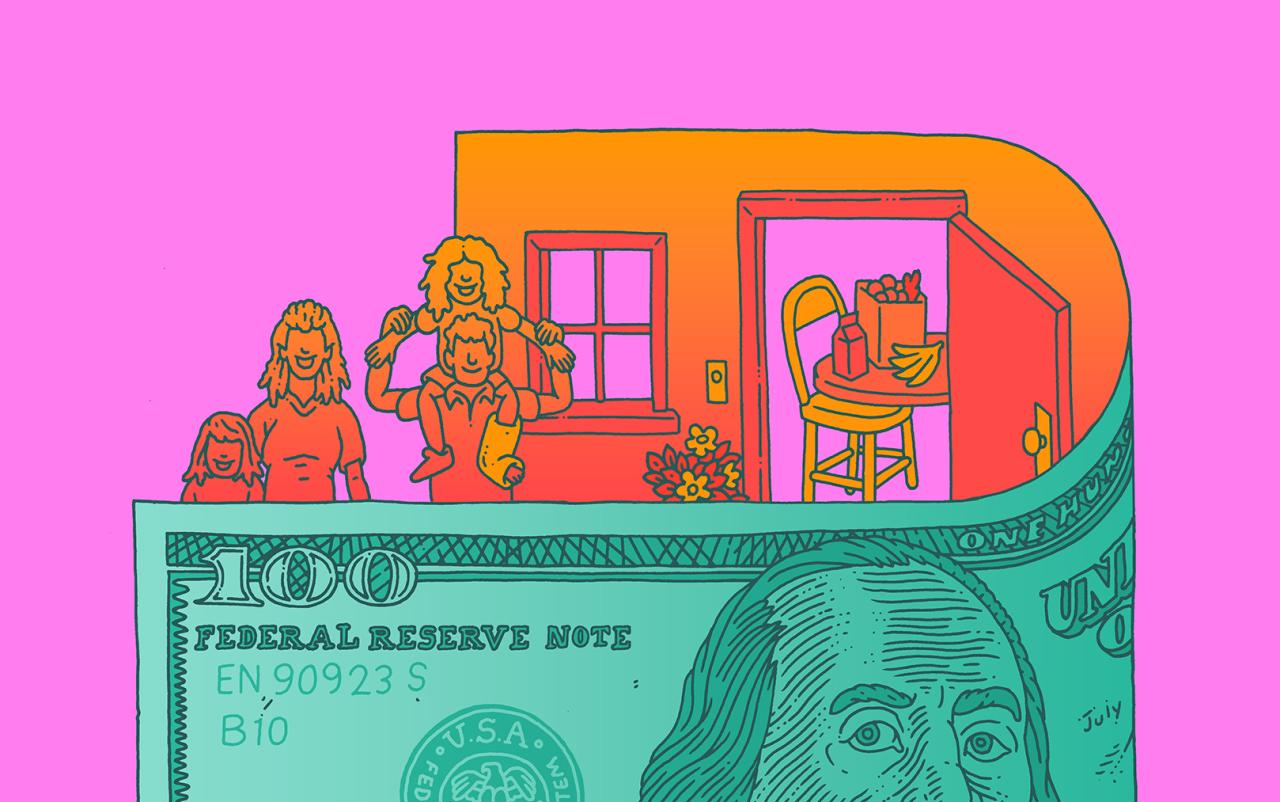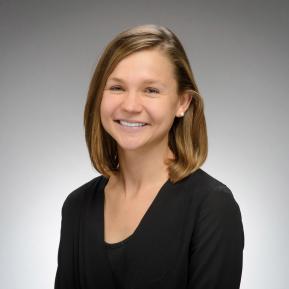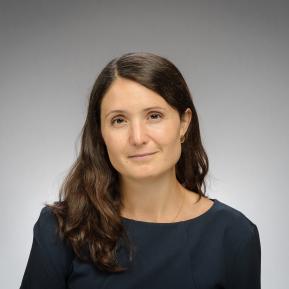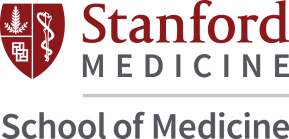The Impact of Cash Transfers for a Housing Insecure Population

The number of unhoused people across the U.S. is mounting at an alarming rate. As housing insecurity intensifies, so too do significant health risks. Of unhoused people in America, 25% live in California, a state with 12% of the nation’s population. And the problem is growing, especially in the Bay Area, where regional counts show increases of 7-22% between 2019 and 2022. Black and Latinx individuals are also overrepresented among people experiencing homelessness.
Our team’s proposed intervention offers recently homeless households unrestricted and unconditional cash transfers to minimize barriers to health. The conceptualization of the program relies on insights derived from focus groups conducted by Abode Services. To put those insights into practice and to test the efficacy of cash transfers, we will randomly give 1,100 households 12 monthly payments on reloadable, no-fee debit cards. The payments will total $13,000 for individuals and $16,000 for households with children over the 12-month treatment window.
We recognize there is a widespread perception that people face homelessness due to their own poor decisions or irresponsible behaviors. Our team seeks to combat this belief by demonstrating that homeless families make use of unrestricted and flexible assistance in practical and thoughtful ways to best meet their household’s needs, thus inviting a broader move away from restrictive models of assistance to flexible, client-centered approaches.

Assistant Research Professor of Economics , Wilson Sheehan Lab for Economic Opportunities

Research Associate , Wilson Sheehan Lab for Economic Opportunities

Assistant Professor of Health Policy

Co-Founder & Director , Wilson Sheehan Lab for Economic Opportunities

Chief Executive Officer , Abode Services



